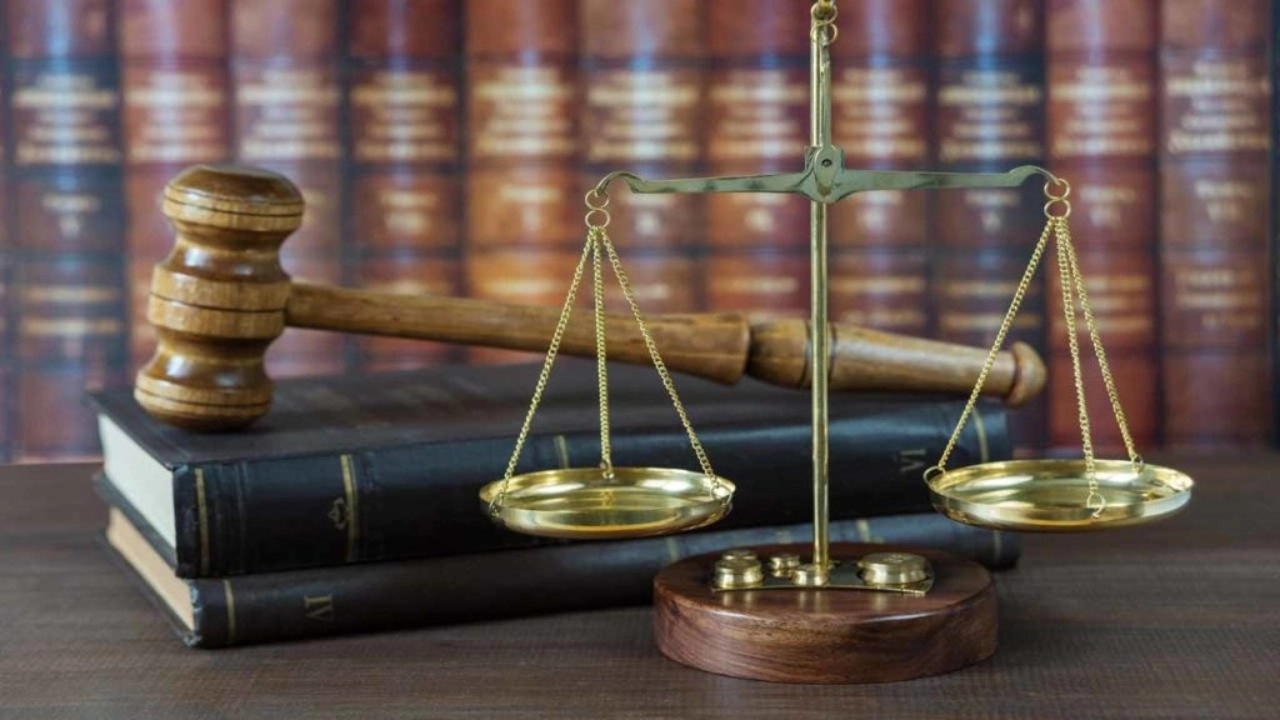(A version of this story first appeared at Hemp Industry Daily.)
Utah banned smokable hemp and CBD in food under a new law that also shifts oversight of the plant’s production to the U.S. Department of Agriculture.
The law, signed Monday by Gov. Spencer Cox, makes Utah the sixth state to defer to federal authorities on regulating hemp cultivation.
The law also makes it a crime to grow, process or possess smokable hemp and to add hemp to “a conventional food or beverage.”
The law does not ban delta-8 THC.
In fact, it defines synthetic cannabinoids to say they don’t include “any cannabinoid that has been intentionally created using a process to convert one cannabinoid to another,” as is often the case with delta-8 THC production.
The Utah Department of Agriculture and Food will continue oversight of licensed hemp processors.
The agency is also charged with developing rules for manufacturing cannabinoid products, though the law stipulates that cannabinoid regulators “may not prohibit a sugar coating on a cannabinoid product to mask the product’s taste.”
Business leaders need reliable industry data and in-depth analysis to make smart investments and informed decisions in these uncertain economic times.
Get your 2023 MJBiz Factbook now!
Featured Inside:
- 200+ pages and 50 charts with key data points
- State-by-state guide to regulations, taxes & opportunities
- Segmented research reports for the marijuana + hemp industries
- Accurate financial forecasts + investment trends
Stay ahead of the curve and avoid costly missteps in the rapidly evolving cannabis industry.
Last year, Utah licensed:
- Roughly 128 cultivators on 1,566 acres and 255,342 indoor square feet.
- 97 hemp processors.




